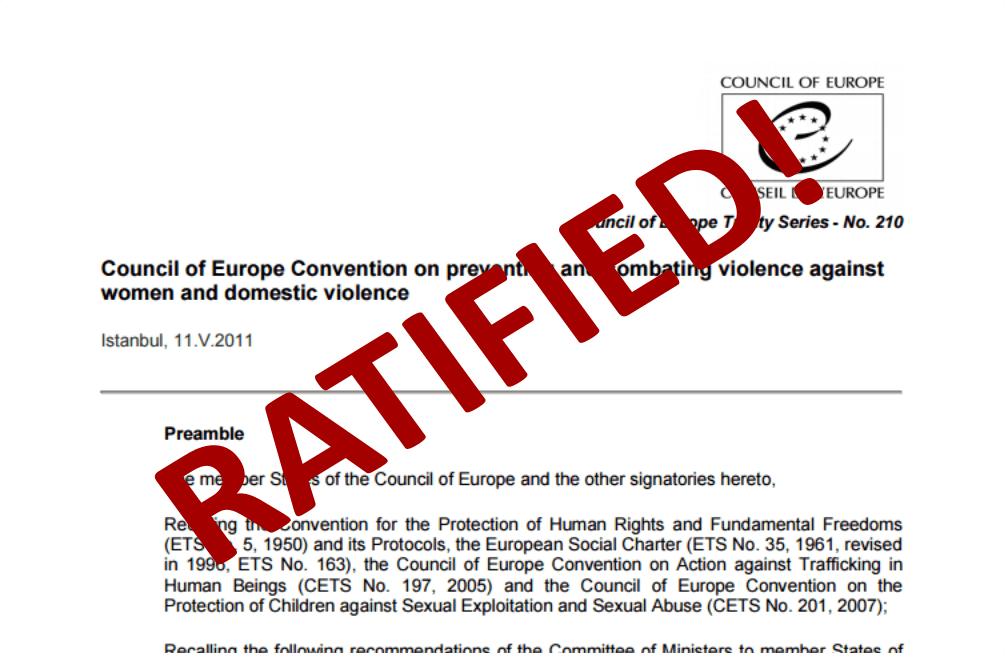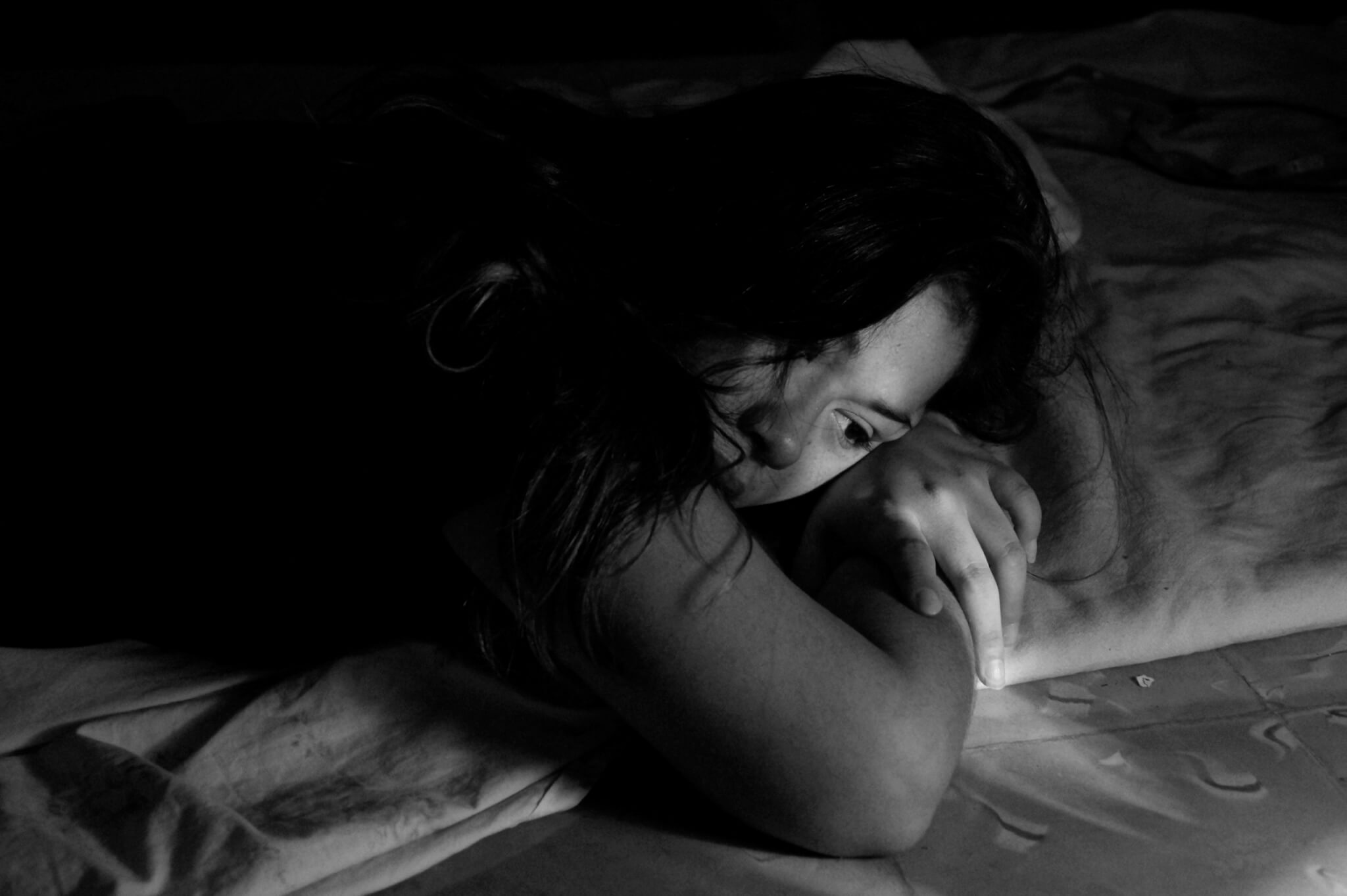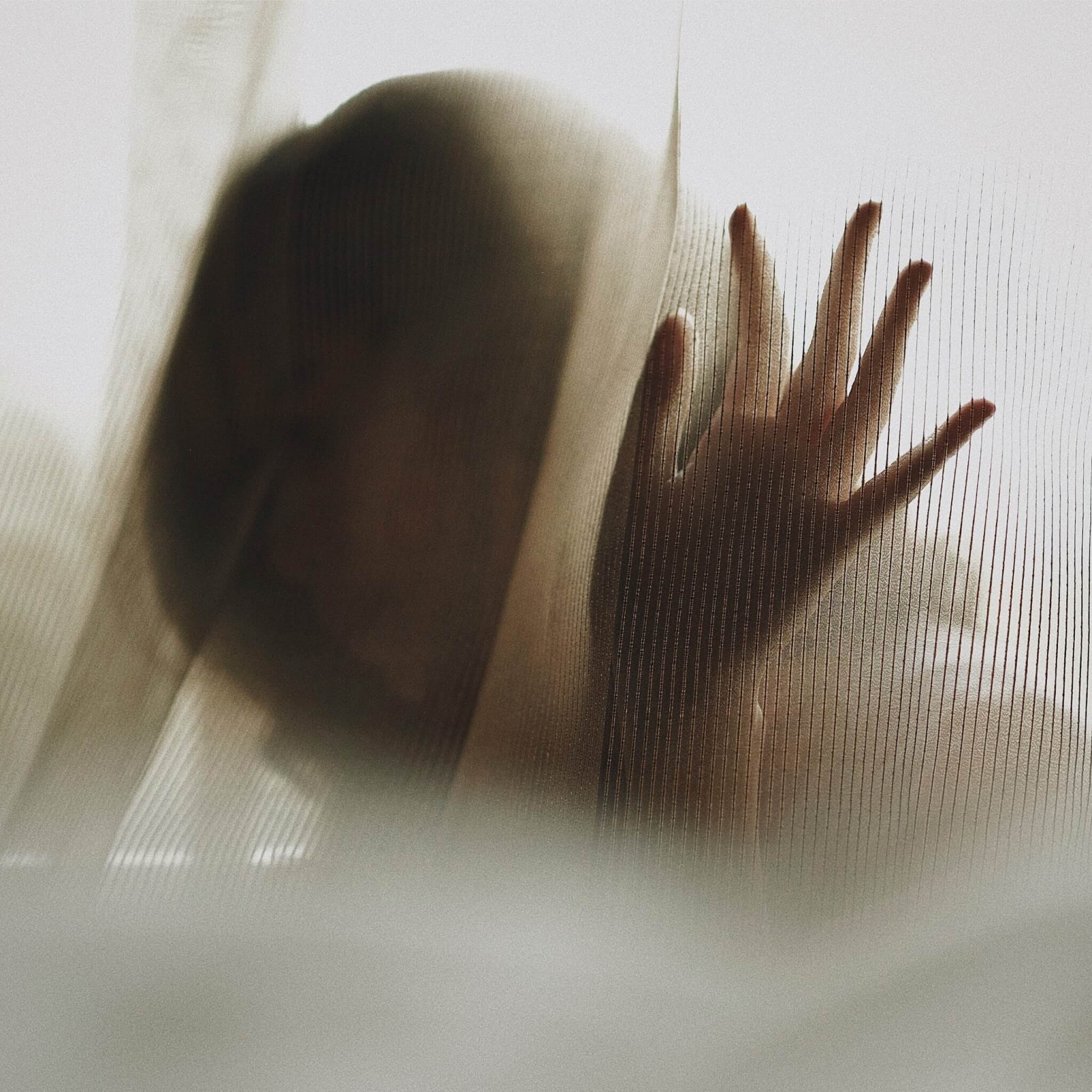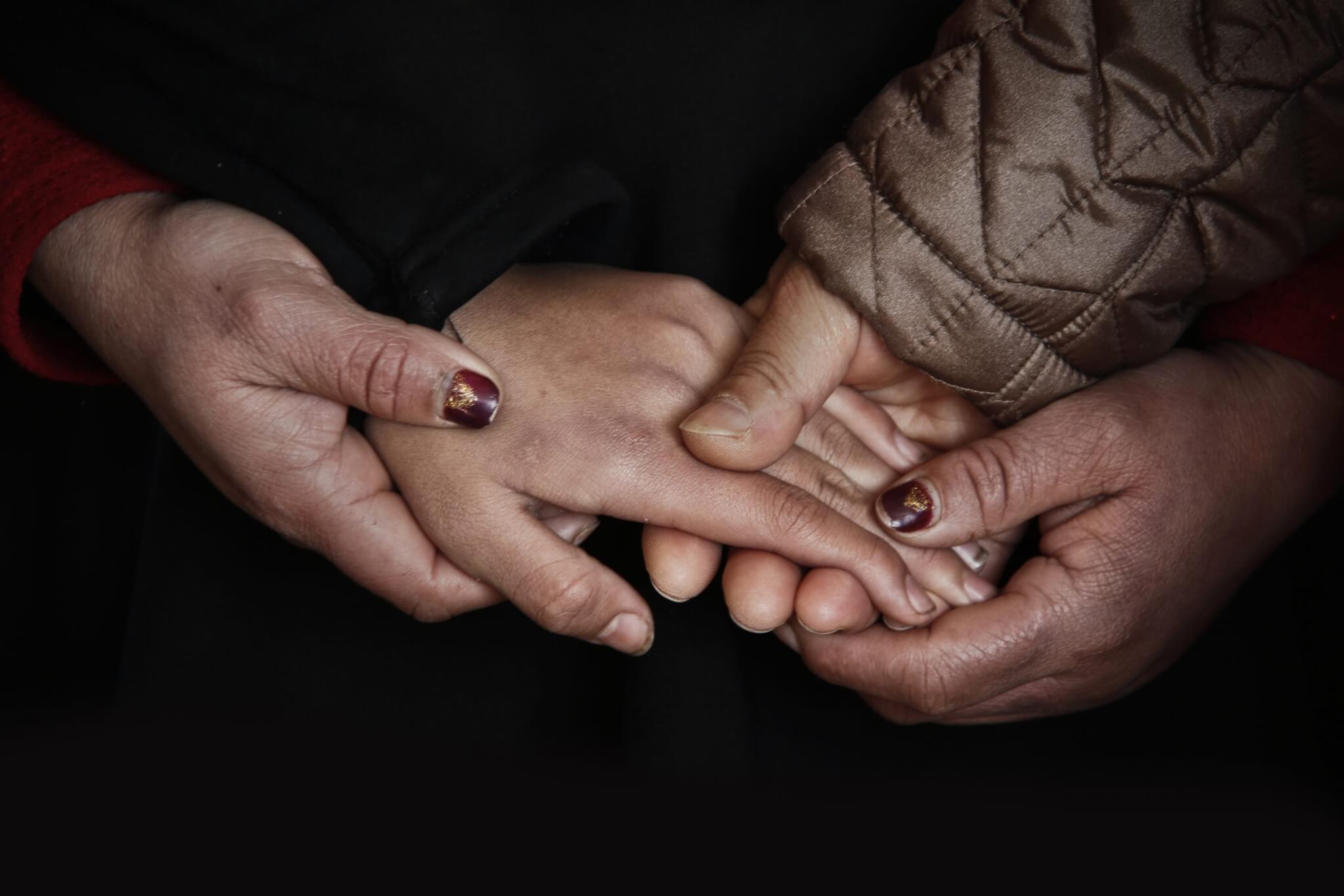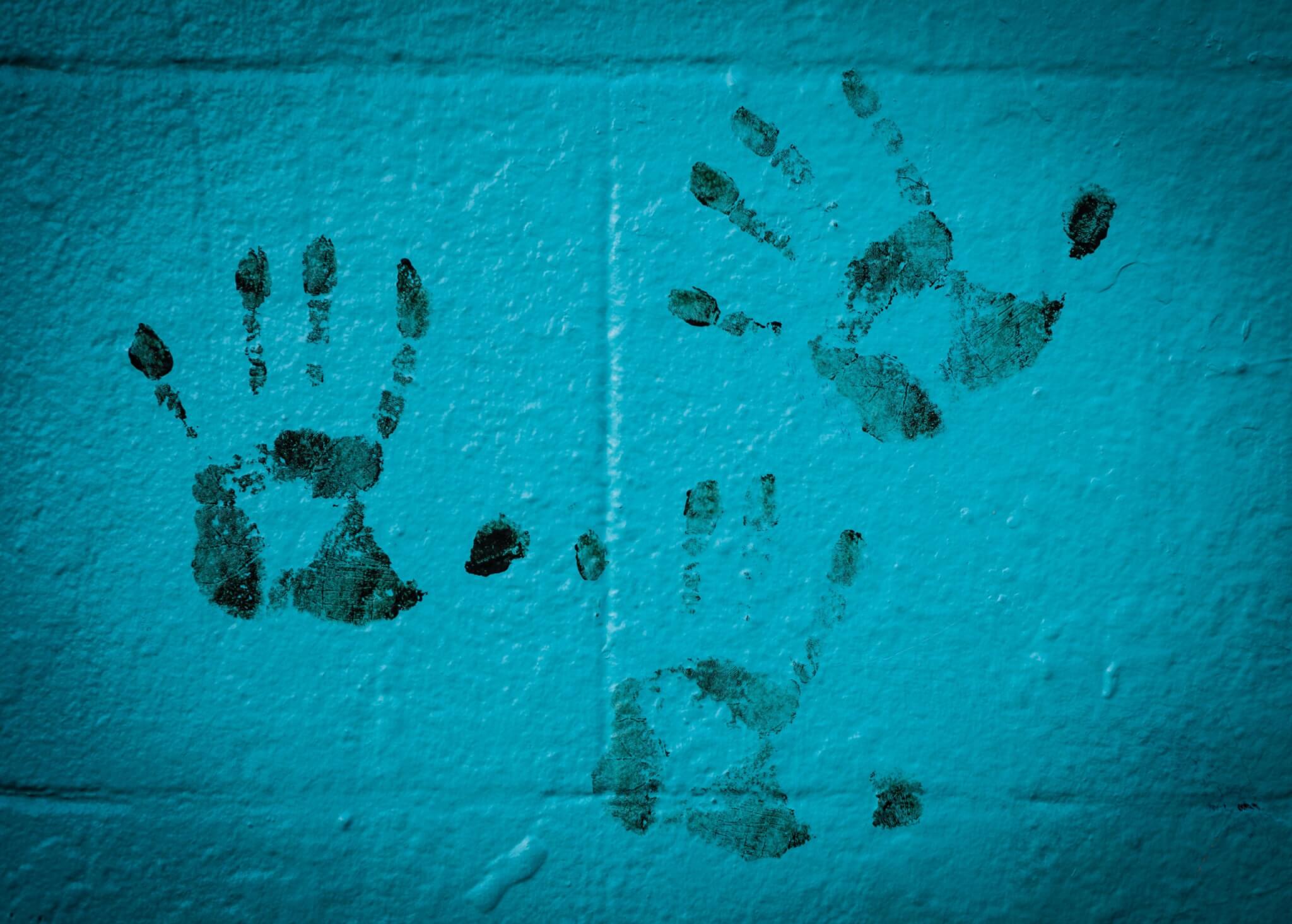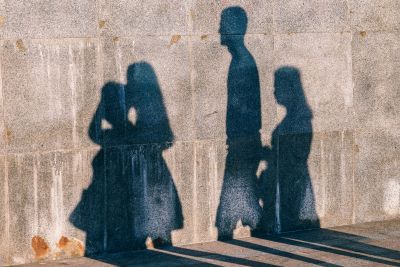Romania signed the Council of Europe Convention on preventing and combating violence against women and domestic violence (Istanbul Convention) in 2014 and ratified the Convention in 2016, which entered into force as of September 1st, 2016.
Through Law no.174/13.07.2018, the provisions of the Istanbul Convention were partially transposed. Provisions of art. 9 par. (1) lit. b) and c) and par. (3) lit a) and b) from the Directive 2012/29/EU of the European Parliament and of the Council of 25 October 2012 establishing minimum standards on the rights, support and protection of victims of crime, and replacing Council Framework Decision 2001/220/JHA, were published in the Official Journal of the European Union, L series , issue 315, November 14th, 2012.

